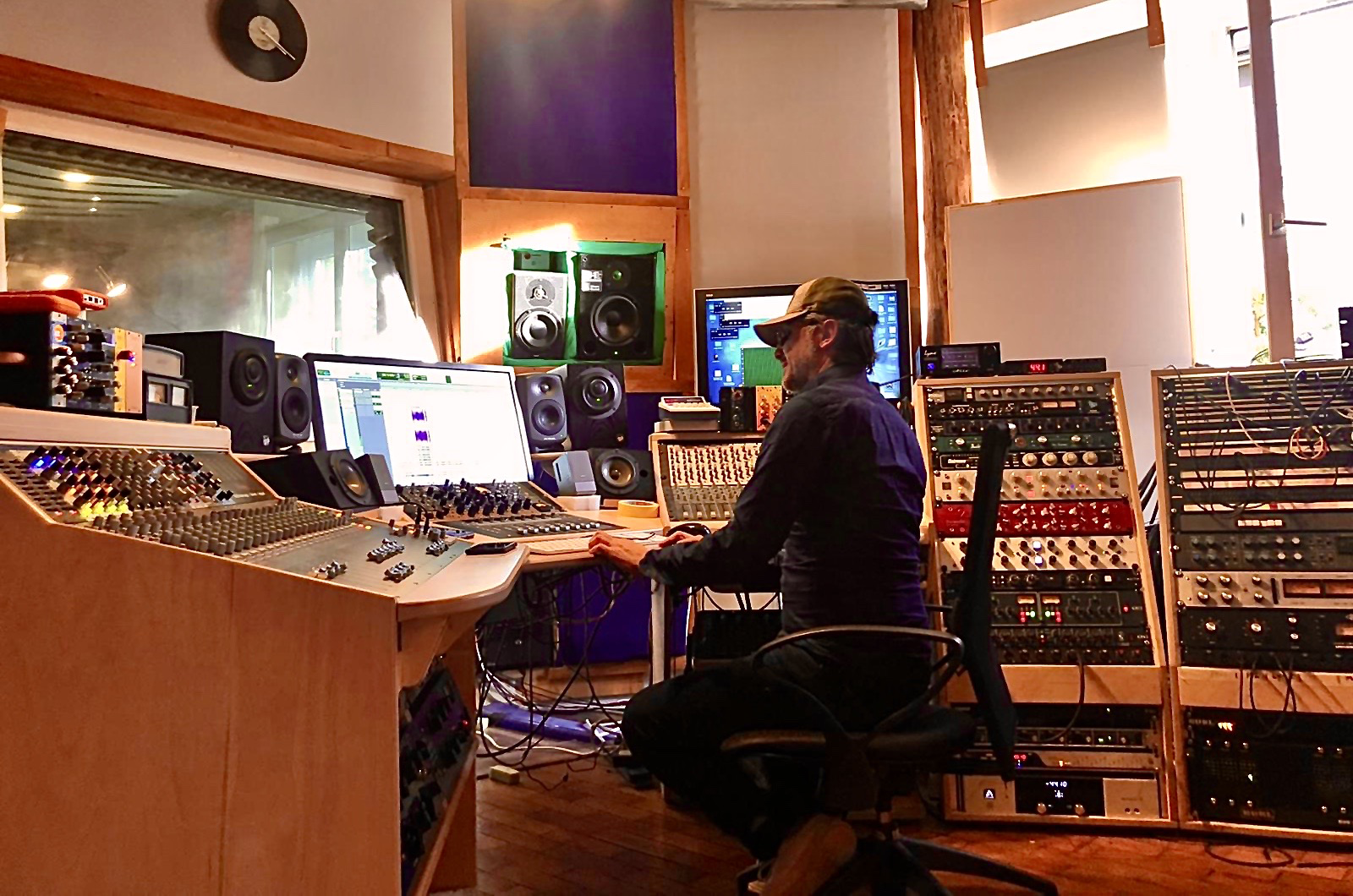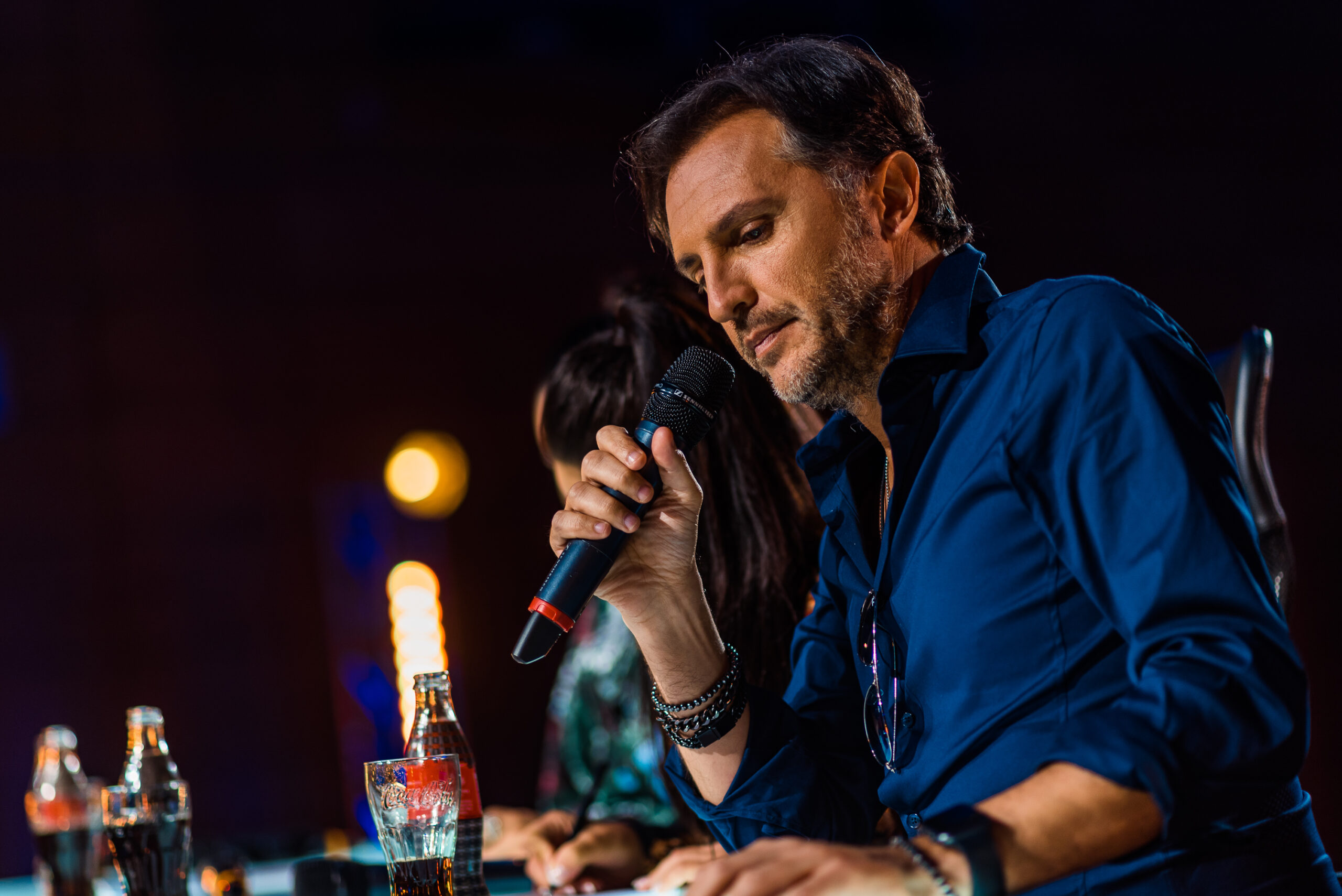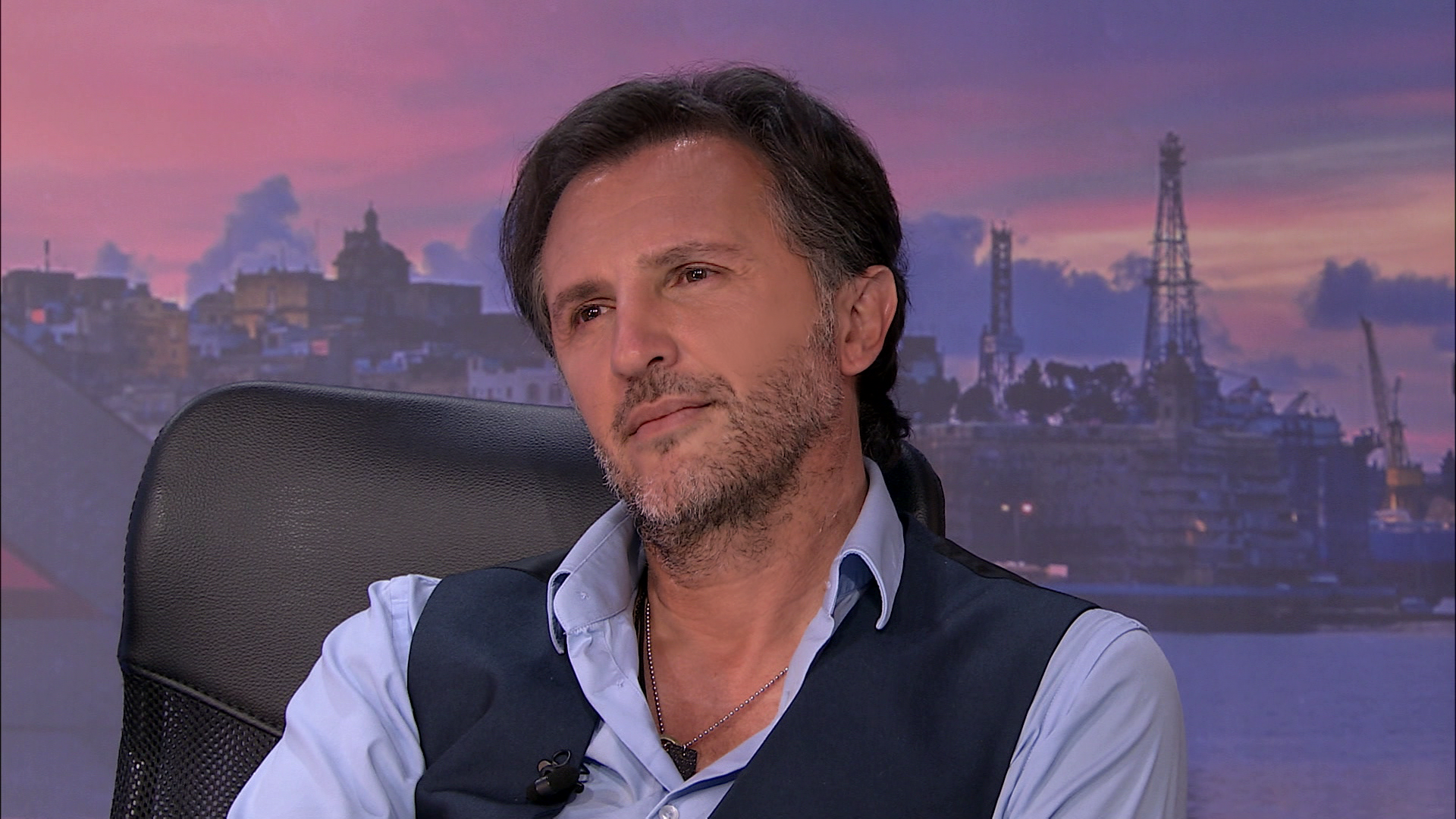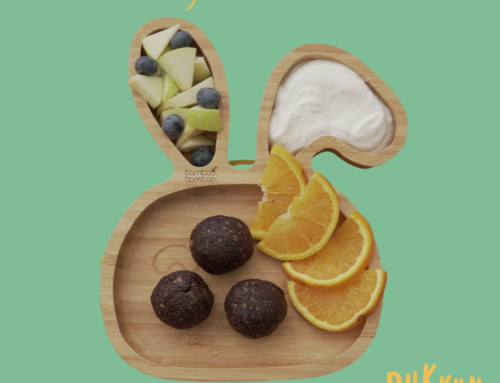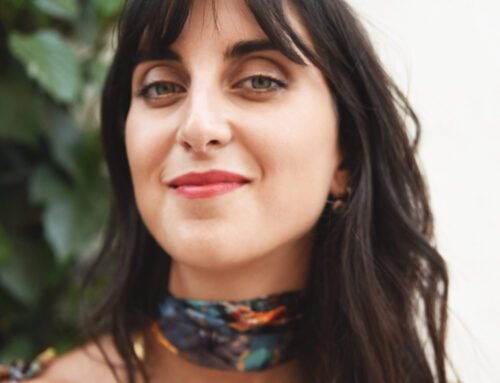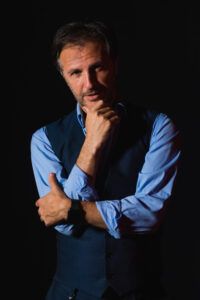
Hello Howard, thank you for joining us. First question: Did you always love music as much as you do today?
Absolutely, since I was 8-9 years old, I was hooked. I probably loved it more when I was younger than I do today, to be honest. But I have an abundance of love for music so I’m still okay. What takes away some of the love is the way the global record industry handled certain things with so many mistakes made that I sincerely doubt there will be any record labels around in the next 15 to 20 years. Locally we have to deal with lack of structures which doesn’t facilitate our work, lack of expertise from decision makers and authorities who should know our industry inside out but unfortunately don’t. Some love gets lost when one realises that the importance of arts and entertainment in our society is not on par with other countries. It’s not what looks good cosmetically that matters but the realities faced.
Can you tell us how your passion for music developed?
When I used to listen to records when I was young it just felt magical. The whole mystery of how it was done simply intrigued me. From learning music, to how sound works, and synths operate to the whole craving for knowledge of anything related to the music industry. Truthfully, it’s a constant learning experience and I sincerely cannot imagine my life without it.
You have been X Factor’s head judge for two seasons now. What did you enjoy the most about this experience, and what was your biggest challenge?
First of all, I was in very good company. Even though I’ve worked and still work very closely as a producer and manager with Ira Losco and Ray Mercieca for several years now, we still have our different shades of colour in music as well as personality. Alex Alden is also someone I grew fond of even when I wasn’t convinced on some of her decisions at times. That’s the nature of the show. To be honest it’s not an easy show at all. It looks much easier than it looks on TV. I guess the part I enjoyed most is the room auditions. It’s like opening your Christmas present, not knowing what’s in it. In Season 1 when Ray and Alex spoke to me in English and I had to answer in Maltese was a bit challenging at times. I got used to it in Season 2, but naturally when spoken to in a language I tend to answer back in the same language. However, the biggest challenge is definitely the live shows. The responsibility of so many music productions, visual presentations as well as choosing the right repertoire in such as limited time is no easy task. I must admit I really enjoyed the groups. I had a vision very early on in the show and I was happy to see them do so well in Season 2. That was probably the biggest challenge I was given on the show.
You have been appointed on the upcoming Malta’s Got Talent – can you tell us anything about this?
I never ever take anything for granted. In fact, I tend to do the opposite. Just as I was not expecting to be a judge on X Factor for two consecutive seasons, I wasn’t excepting Got Talent and therefore I was equally hesitant. It’s a lighter show so it requires a different approach, with many different layers and a much wider variety. This makes it challenging but I’m so happy I accepted. I’m honoured to be part of such a successful international franchise famous all around the world and proud of what we manage to produce considering our size and limitations. I’m also in very good company once again 😉
You are known for being brutally honest. Has your honesty ever got you into trouble?
Yes, many times. Even with my family. I can’t resist it when I’m asked to say what I think, I just burst out the truth. Be it to comment on a dress, talent, you name it. In my profession when I’m honest it’s normally not taken as an offence but rather as a genuine assessment of something and I mean well. Of course, doing so in the privacy of a recording studio or four walls is very different than doing so on National TV, with the family of the contestant(s) and a live audience sitting right behind you.
My brutal honesty definitely got me into trouble more than once with family members of contestants sending unpleasant messages and publicly getting their revenge in some cases. The thing is when I’m wearing my professional hat, I’m too focused to bother with repercussions. The music industry is incredibly tough, and it doesn’t take long to realise that just because mummy and daddy told you that you’re good, doesn’t necessarily mean you have what it takes.
You have recently taken up the post of president of the newly formed Malta Entertainment Industry and Arts Association. What are the main goals of the association?
First of all, I’d like to thank everyone who has shown trust in me and voted for me as president. I’m truly humbled. MEIA is an association of people working in the entertainment industry. It is autonomous and independent of any political party with the aim to raise awareness of the problems in the industry and bring together all the sectors, and various roles within them including creators, performers, promoters, producers, venues, suppliers and all technical people within the industry under one voice and umbrella.
How can artists and creative professionals benefit from the MEIA?
By becoming members, they will receive regular mail shots with important info and insights shared by the executive and advisory committee. They will also get surveys, data, guidelines, clarifications on any grey areas and above all be able to give feedback. Committee members are elected through an AGM or EGM so the votes from the members are equally important. The membership is currently free but an EGM at the end of September ask its members to vote on the proposed way forward and future benefits. MEIA works very closely with Chamber of Commerce and members will also benefit from this relationship.
Can you describe some of the actions that the MEIA has undertaken so far?
The MEIA was initiated in April and was officially launched to all interested members on 20 July taking into consideration numerous stages which needed to be taken to ensure all the foundations are solid. Almost two months later we have more than 1,200 members.
With literally no time to carry out any necessary tweaks and changes, we were faced with a second Covid-19 outbreak from mass gatherings. We had to deal with public perception blaming the whole industry for this, so in the absence of any action taken we proposed a set of restrictions needed, including a tier risk assessment, one person per assigned space, and several other measures such as the immediate cancellations of festivals targeted towards inbound travellers. All these measures were taken on board and implemented by the authorities.
The next thing we worked on was to introduce MEIA to the President of Malta, as well as ministries and authorities. We then started to work on list of recommended measures to safeguard the livelihood of the people hit within our industry. We called this a ‘Survival and recovery plan.’ This was discussed at length with Arts Council Malta and we’re working closely to lobby and advocate such needed measurers. Whilst talks are ongoing, MEIA is not passive in its approach so we will take all necessary steps to ensure our members are protected.
We have also recently launched a social media campaign which will be followed by other PR campaigns to reinforce our message. We have the creators on our side as well as the thousands of followers behind the different artists and performers, but our industry is fragile and currently in jeopardy.
You also handle artist development & management and more at the Jagged House Music Company. How do you find talent and how do you nurture young talent to become successful in today’s music world?
Jagged house was blessed in having a consecutive stream of artists and releases who have all been successful and managed to have a massive impact on the music sector throughout the years. I always say, it’s not what we think is right or is the best but what we feel and what we feel has to be supported by an action to validate that feeling.
The audience reacts to the basic feeling towards the music they’re listening to or how they relate to the artist. Be it a live event, on Spotify, radio or a music video that reaction is not something one can control. Some might argue you can control it through marketing but honestly it doesn’t work that way. If you do, then you will only get away with it once. Spotting talent or a song which is going to do well is not something which comes with an instruction manual. Far from it. Many mistakes later one learns the basic rule of a gut feeling which needs to be constantly validated and kept in check. When I hear that little voice inside my heart getting me excited, I know it’s worth pursuing. Only then do I take on a project and seek the right path to take. You need to have a vision and go with it. No matter what the outcome is. Some are more obvious paths whilst others require constant tweaking to get to the desired destination. However, once I lock in, I don’t let go. I only let go when egos cloud the act, when I get bored or simply not inspired anymore.
What would you say to young artists that are looking to ‘make it’ in the industry?
To never ever think they know it all. To believe in themselves but not be full of themselves. To be inspired but don’t copy. To challenge oneself but also know when to stop. To share your art in a selfless way with others and be ready for all types of criticism, but to be selfish when it comes to protecting your art and passion. Not to be ashamed to ask for money and know your profession’s worth but to equally be humbled by other’s worth to keep you in check. Finally, not to be delusional and to get professional advice from people who aren’t your close friends, fans or family.
Other than music, you have worked on international film productions too, such as The Hulk and Lord of the Rings. What is your biggest takeaway from those experiences? What other experiences were useful in your music management?
Time Warner and Universal Pictures respectively required ADR at the time of post-production of both movies. The actors happened to be in Malta, so we were booked to handle the dialogue replacement. That meant waking up extremely early, long hours and lots of high standard protocol involved. We were very lucky to have Philippa Boyens who was one of the three producers of Lord of the Rings fly over as well as Madonna’s vocal coach and a producer / engineer who was supervising the ADR who worked with Prince. That’s besides the talented actors themselves. It was a great experience which gave me a great insight into Hollywood blockbusters and the whole movie profession.
I found the various experiences I had with record labels really useful in my career. Be it licensing deals, or getting an artist signed; to pitching songs, getting a cut on a record, distribution and above all actually being on the road as a tour manager or as a professional performer. Travelling and sleeping on a tour bus, waking up in a different city and venue. That’s definite an experience I will cherish. On the other hand, I probably felt more satisfied when I was taking care of other artists than when I was a performer. I feel protective and for some reason feel the need to mentor and try to do the best I can for their career. Keeping in mind how artists and performers think is crucial to be able to help them reach their potential. I’m very lucky to have travelled to various countries around the world with music with lots of opportunities and experience I shared with great artists. Another great experience in my career is Earth Garden which is now the biggest gate money event in Malta.
If there was one experience you could relive, what would it be?
Without a shadow of a doubt the birth of my children and the euphoric feeling in the weeks that followed. Nothing compares to that.
Photo Credit – Albert Camilleri courtesy of X Factor Malta and Malta’s Got Talent

